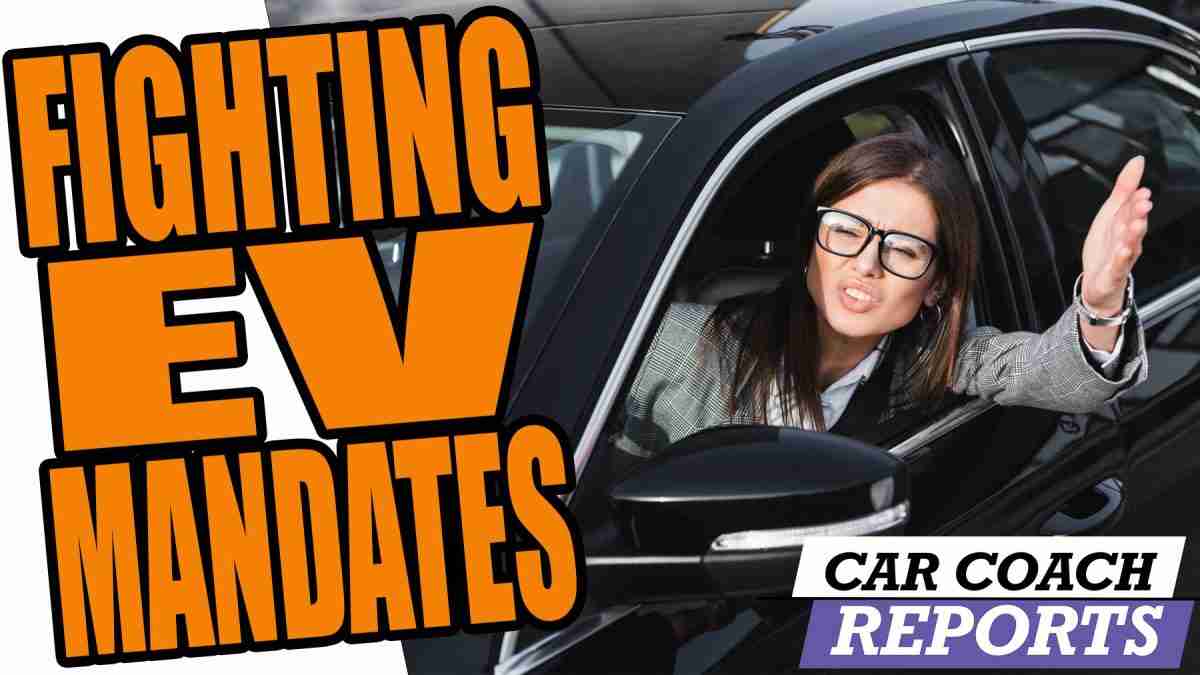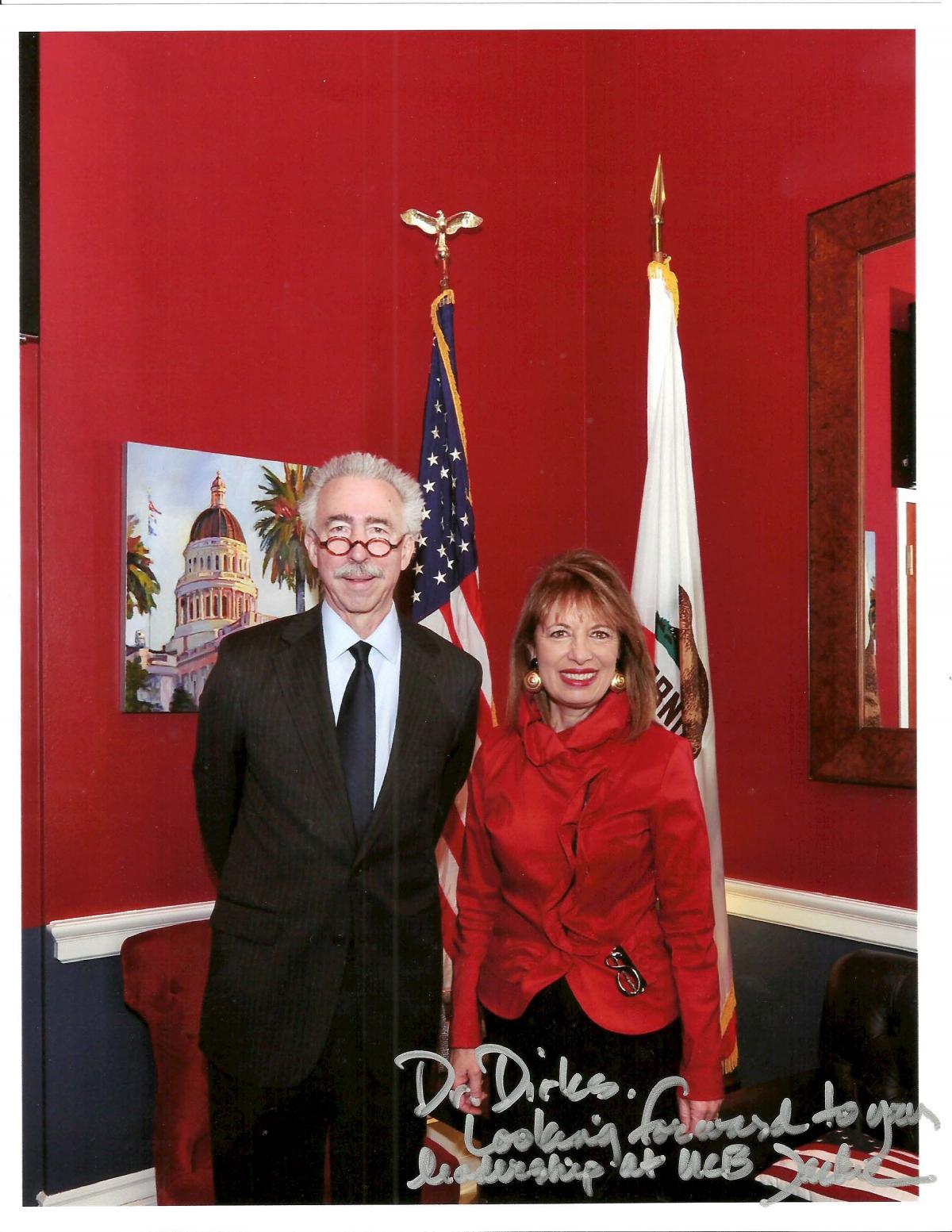EV Mandate Opposition: Car Dealers Renew Their Fight

Table of Contents
Economic Concerns Fueling EV Mandate Opposition
The core of EV mandate opposition stems from significant economic challenges facing car dealerships. The rapid shift to EVs necessitates substantial investments and adjustments that threaten profitability and operational stability.
-
Increased upfront costs for dealerships: Dealerships face massive expenses to adapt their infrastructure. This includes installing high-voltage charging stations, specialized EV repair equipment, and training technicians on the intricacies of electric vehicle maintenance. A recent industry report estimates that the average dealership will need to invest upwards of $1 million to adequately prepare for EV sales and service.
-
Potential for decreased profitability: EV sales currently often come with lower profit margins compared to gasoline-powered vehicles. This is due to several factors, including higher initial costs for EVs and the competitive landscape among manufacturers. Data from the National Automobile Dealers Association (NADA) suggests that profit margins on EVs can be as much as 20-30% lower than those on gasoline cars.
-
Inventory management challenges: Managing EV inventory presents unique logistical hurdles. Supply chain disruptions, fluctuating battery component availability, and unpredictable consumer demand create significant difficulties in forecasting and maintaining optimal stock levels. This can lead to increased holding costs and lost sales opportunities.
-
Lack of consumer demand in certain regions: EV adoption rates vary significantly across geographical regions. In rural areas, limited charging infrastructure and higher electricity costs contribute to lower consumer demand, impacting dealer profitability and justifying some of the EV mandate opposition. Visualizing this disparity through regional maps highlighting EV adoption rates would provide a clearer picture.
Consumer Readiness and Infrastructure Gaps
Beyond the economic challenges, significant hurdles related to consumer readiness and inadequate infrastructure fuel EV mandate opposition.
-
Charging infrastructure limitations: The lack of widespread, reliable public charging infrastructure, particularly in rural and suburban areas, remains a major barrier to EV adoption. Statistics show a stark contrast between the density of charging stations in urban centers versus less populated regions. This disparity directly contributes to "range anxiety," a significant factor hindering broader EV acceptance.
-
Range anxiety and charging time concerns: Consumers remain apprehensive about limited EV range and relatively longer charging times compared to refueling gasoline vehicles. Surveys consistently show range anxiety as a top concern for potential EV buyers. Addressing this requires improvements in battery technology and wider availability of fast-charging stations.
-
High purchase prices and limited affordability: The significantly higher initial purchase price of EVs compared to gasoline-powered cars makes them inaccessible to many consumers. This affordability gap needs to be bridged through government incentives, technological advancements driving down costs, and the development of more affordable EV models.
-
Lack of consumer education and awareness: Many consumers lack sufficient understanding of EV technology, benefits, and operational nuances. Targeted educational campaigns and clear, accessible information are vital to alleviate concerns and encourage wider adoption.
The Dealers' Proposed Solutions and Alternative Approaches
Dealers are not uniformly opposed to EV adoption; rather, their EV mandate opposition focuses on the need for a more pragmatic and balanced transition.
-
Phased implementation of EV mandates: A gradual increase in EV sales quotas, allowing dealerships sufficient time to adapt their infrastructure, training, and inventory management strategies, is a key proposal.
-
Government support for infrastructure development: Significant government investment in expanding public charging infrastructure, particularly in underserved areas, is crucial. Incentivizing private sector investment in charging networks would complement governmental efforts.
-
Focus on consumer education and outreach: Comprehensive consumer education campaigns are needed to address concerns, highlight the benefits of EVs, and promote responsible charging practices.
-
Incentives for dealer adaptation and investment: Financial incentives, such as tax credits or grants, could help dealerships upgrade their facilities and invest in the necessary training programs for EV sales and service.
Lobbying Efforts and Political Pressure
Dealership associations are actively lobbying against overly stringent EV mandates.
-
Dealership associations' actions: Organizations like the National Automobile Dealers Association (NADA) are actively engaging in lobbying efforts, aiming to influence policy decisions and advocate for a more gradual transition to electric vehicles.
-
Political alliances and influence: These lobbying efforts involve building alliances with lawmakers sympathetic to the concerns of the automotive retail sector.
-
Potential legal challenges: In some cases, dealership associations may consider legal challenges to EV mandates they deem overly burdensome or unrealistic given current market conditions.
Conclusion:
The renewed EV mandate opposition from car dealers underscores a complex interplay of economic realities, consumer perceptions, and infrastructure limitations. While a transition to electric vehicles is environmentally essential, a balanced and realistic approach is crucial. A phased implementation, substantial investment in charging infrastructure, and focused consumer education are key to ensuring a successful transition. Ignoring the concerns surrounding EV mandate opposition risks market disruption and hinders the widespread adoption of EVs. Let's work collaboratively to address these challenges and create a sustainable future for the automotive sector, finding common ground to overcome the issues behind EV mandate opposition.

Featured Posts
-
 39 Approval How Travel Delays Affected Trumps First 100 Days In Office
Apr 30, 2025
39 Approval How Travel Delays Affected Trumps First 100 Days In Office
Apr 30, 2025 -
 Remember Mondays Eurovision Song A Response To Online Hate
Apr 30, 2025
Remember Mondays Eurovision Song A Response To Online Hate
Apr 30, 2025 -
 Predict The Winner Eurovision 2025 Betting Guide
Apr 30, 2025
Predict The Winner Eurovision 2025 Betting Guide
Apr 30, 2025 -
 Impact Of Warmer Weather On Russias Spring Offensive In Ukraine
Apr 30, 2025
Impact Of Warmer Weather On Russias Spring Offensive In Ukraine
Apr 30, 2025 -
 Beyonces Tour Why Sir Carter Isnt Joining Rumi And Blue Ivy On Stage
Apr 30, 2025
Beyonces Tour Why Sir Carter Isnt Joining Rumi And Blue Ivy On Stage
Apr 30, 2025
